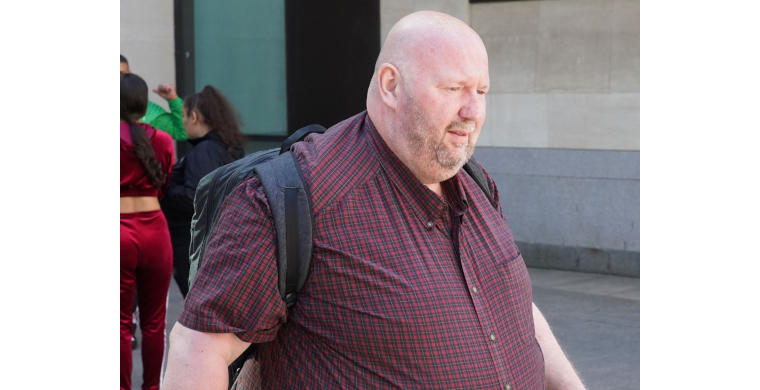DIOCESE OF LONDON: SARGEANT'S WAGER
CHURCH NEWS IN PRIVATE EYE
November 11, 2022
DURING 10 years as head of operations for the "two cities" part of the diocese of London from January 2009, Martin Sargeant diverted at least £5.2m of church money to fund a lifestyle that included flying to the US once or twice a month and gambling heavily. Last month he pleaded guilty to fraud and will return to court next week, when he has been told to expect a custodial sentence. A further charge of money laundering will lie on file.
Sargeant left the diocese in 2019 as part of a clear-out by the new bishop, Rt Revd Dame Sarah Mullally. His exit interview took the form of a now notorious "brain dump" in which he gave archdeacon Luke Miller nine hours of uncorroborated information about 42 London clergy (Eye 1553).
This shower of misinformation resulted in a flurry of unwarranted safeguarding activities. Tragically, they included a series of untrue allegations against retired priest Fr Alan Griffin, 76, who went on to take his own life.
During his career in the London diocese, Sargeant referred to himself variously as head of finance and property, or head of operations, or sometimes even clerk in holy orders (which he has never been). But as a Leaming Lessons review published earlier this year noted, he was "not employed by the diocese, no personnel file appears to have been kept on him and it is difficult to understand where the role sat in terms of hierarchy and more importantly accountability". He wasable to insert himself intoa chaotic and credulous diocesan structure, exercise immense patronage and syphon off big sums of money without challenge. He carved out a unique and unaccountable role as a fixer for the former bishop Richard Chartres, who left much decision-making to Sargeant. For several years, nothing much would happen in the diocese of London without his imprimatur. Sargeant had power to distribute funds and make or break careers.
In a lecture in 2015, Chartres described Sargeant asa remarkable layman whose "negotiating skills and anention to detail were crucial in turning ideas into profitable ventures".
Sargeant's fraud targeted the Trust for London, a fund with an endowment of £350m, from which it makes grants to good causes. Up to £IOm a year is allocated by the trust for London's City Churches grants committee for restoration projects and special appeals. Sargeant was clerk to this committee and able to distribute benefits to favoured clergy. Some went on trips to America with him; others received generous grants for their churches. He oversaw dubious money-making schemes such as the failed Museum of the Bible (Eye 1521).
As Sargeant awaits sentence. senior church figures are distancing themselves. The diocese of London says he wasn't on its payroll. Chartres says he didn't employ Sargeant and the City Churches grants committee was not under his control. There is no word from Sargeant's close friend the Venerable Peter Delaney, the flamboyant former archdeacon of London who brought him into the diocesan structures in the first place and chaired the grants committee during Sargeant's tenure.
The current archdeacon of London, the Venerable Luke Miller, who scribbled Sargeant's gossipy revelations in his notebook and passed them on for action (and who was at the centre of the Museum of the Bible scheme), is not even named in the Lessons Learned review.
At an earlier hearing at Westminster magistrates court, prosecutor Malachy Pakenham noted that "the level of trust put in the defendant meant hecould carry on doing this over IO years, which is quite extraordinary". But perhaps Mr Pakenham isn't familiar with the ways of the diocese of London.














